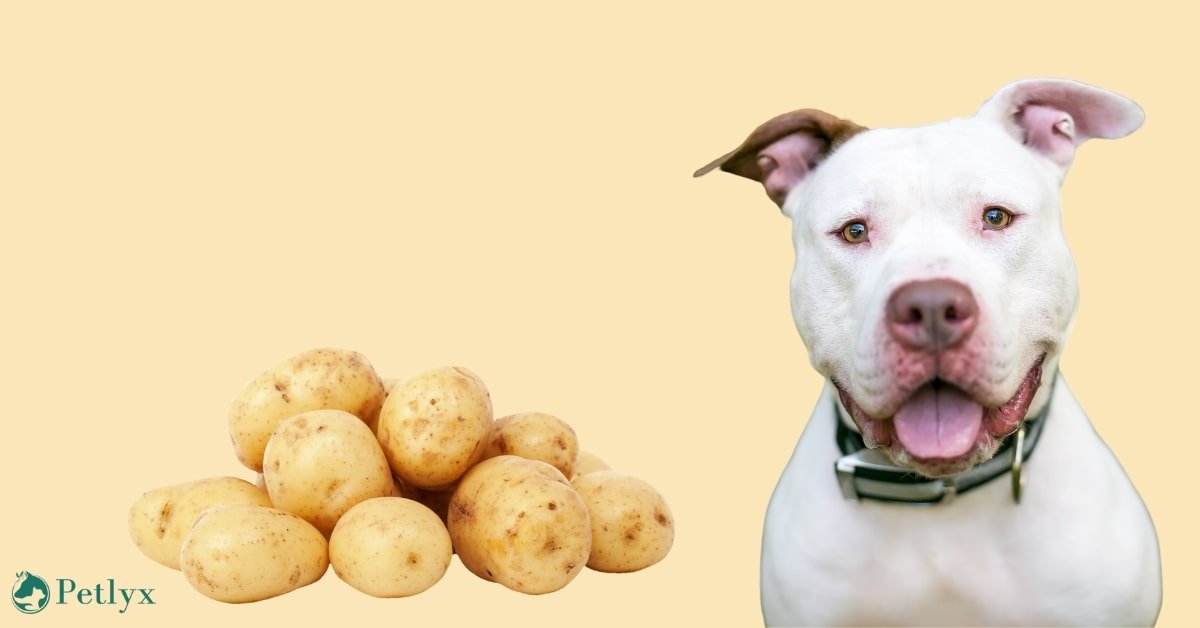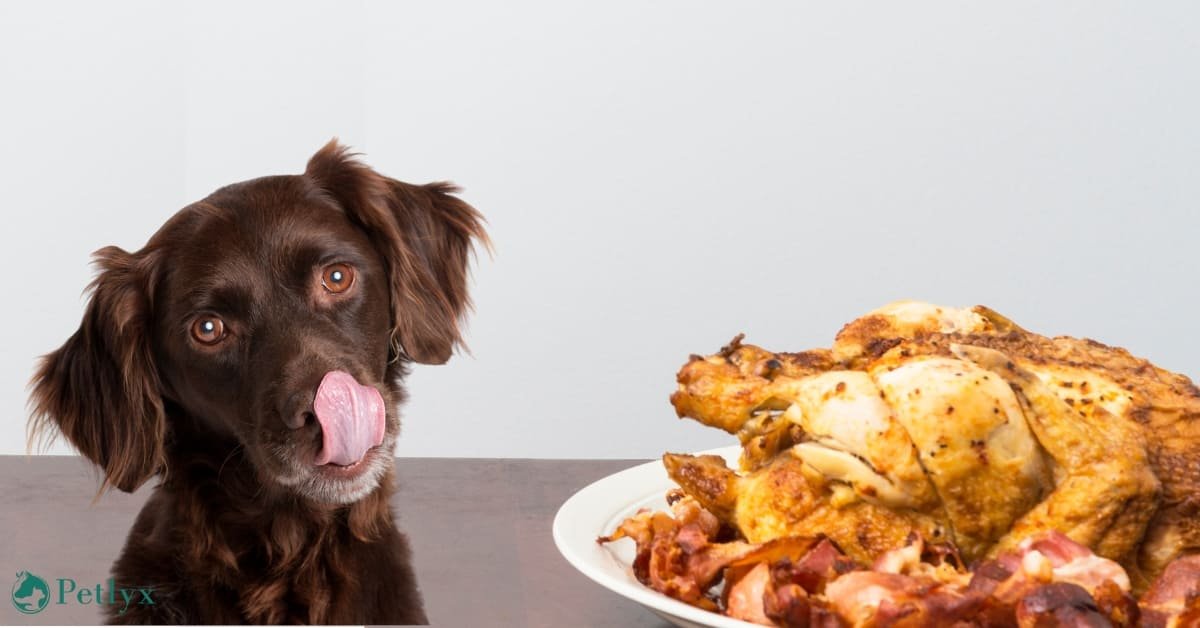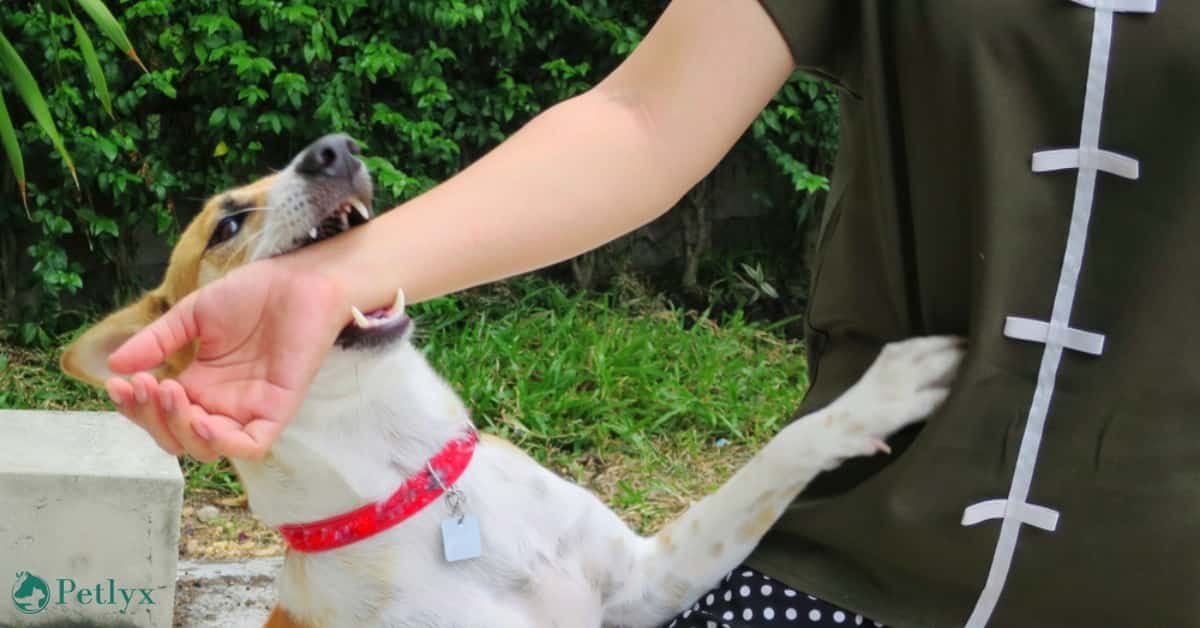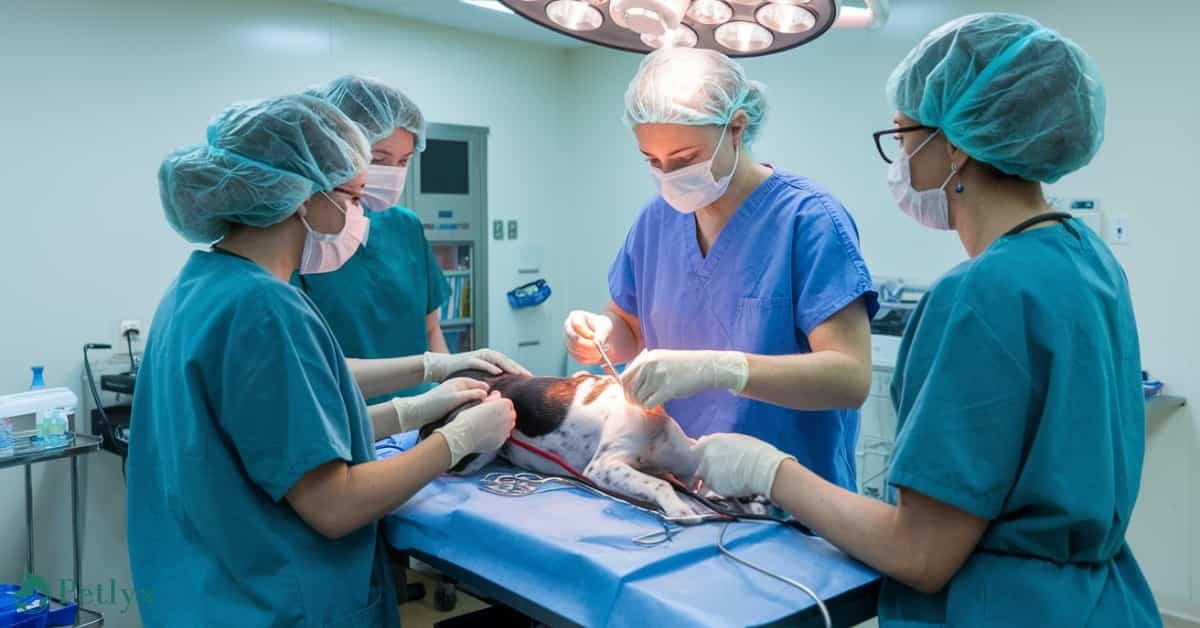
Just like human teeth fall out, do dogs also lose teeth? YES! Pups are born without any visible teeth and undergo a teething process as we go. The process of pup teething goes a long way including sore gums and ultimately a set of 28 baby teeth erupting. During this whole process, your pup will chew almost on everything whether a toy, furniture, or even your shoes. Here is everything you should know about do dogs lose teeth or the timeline of dog teething.
A Timeline of Dog Teething
| Age | Teething |
| From birth to 2 weeks old | Pups have no teeth. |
| 3 to 4 weeks old | At first, incisors will come, and then the canines. |
| 5 to 8 weeks | Eruption of baby premolars occurs until all the 28 baby teeth erupt. |
| 3 to 5 months old | Pups start losing baby teeth and replace them with adult teeth starting with incisors and canines. |
| 4 to 6 months old | Adult premolars replace the baby premolars. |
| 5 to 7 months old | Adult molar teeth grow until a full set of 42 adult teeth is complete. |
Teething signs in pups
The teething process is very uncomfortable for pups and they show some signs of teething also during this period which include:
- Your pup will chew on everything that he finds, whether a toy, your furniture, or your shoes.
- Their gums might turn slightly red, tender, and swollen.
- Excessive drooling is a common sign.
- Due to discomfort, your pup might be restless or cranky.
- As the gum hurts, your pup might lose appetite.
- Your pup might have some bleeding while chewing the toy or during brushing.
- Your pup might whine more than usual.
- You may also find a fallen baby tooth on your floor or chewing toys.
Do dogs lose teeth?
YES! Like us, dogs grow baby teeth that eventually fall out. Baby teeth in dogs are also known as needle teeth, as they are very sharp and pointed.
Do dogs lose baby teeth?
Falling out of baby teeth in dogs is a normal development. Generally, baby teeth in dogs start falling out when they turn 4 months and by the age of 6 to 8 months, pups should lose all their baby teeth. But during this process, they would be partially toothless.
Adult teeth growing in pups start around 2 months old, and they should have a full set of 42 adult teeth by 8 months.
When do dogs stop teething
Your dog should have grown a full set of 42 teeth by the age of 5 to 7 months, and then teething is over. But the 4 to 5 months of teething are such a haul for pet owners. During this time, they will chew almost on everything.
Generally, pups start losing their teeth when they turn 3.5 months, while some don’t start until about 4 to 5 months. Eruption of adult teeth occurs sooner in giant or large-breed dogs than in smaller ones.
At first baby incisors are replaced by adult teeth. When your pup turns 3.5, he will erupt only incisors and canines while eruption of premolars occurs when they turn 4 to 6 months old. At last, adult molar eruption takes place at the age of 5 to 7 months. Pups have only 28 teeth, while dogs have a full set of 42 teeth.
Are dogs born with teeth?
No, pups do not have any visible teeth when they are born. From birth to about 2 weeks, pups do not have any teeth. But when turns 3 to 4 weeks at first, incisors will come, and then the canines.
Do dogs regrow teeth?
Once your pup has a full set of 42 adult teeth and in case one of his adult teeth is lost due to any injury, decay, or whatever reason, it will not regrow back.
Adult premolars replace the baby premolars when they turn 4 to 6 months old.
By the age of 5 to 7 months, a full set of adult teeth has grown, which is for the lifetime of pups. But if an adult tooth is lost due to some injury or disease, it will not regrow.
What if your dog loses an adult teeth?
If your dog loses an adult tooth, it’s a matter of concern so make an appointment with the vet. It is not necessary to bring the broken tooth along to the vet, but bringing it alone helps the vet to check if the tooth has completely fallen out or still has roots in the gums. Conditions like periodontal disorder can cause tooth loss but due to mouth trauma, tooth loss become common. Also, pay keen attention to uncommon signs. This will not only help your vet for accurate determination of the reason behind tooth falling but also intercede if there are any other symptoms of pain.
Conclusion
By the time when your dog has a complete set of teeth, you should have to take care of his dental health. Brushing a dog’s teeth regularly can prevent plaque and tartar buildup. Your dog will have adult teeth once in life, so if one of the adult teeth is lost, he will never regrow it back. Though the teething period is hurtful for dogs, you have to love your dog throughout the process to keep him in his comfort zone.






